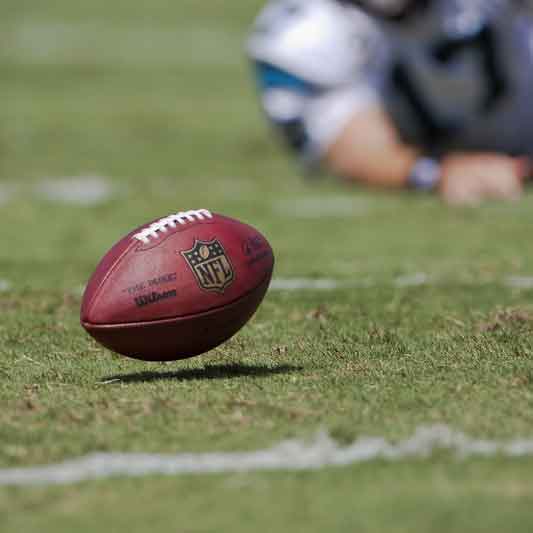Stewart Clair Barber, a celebrated offensive tackle for the Buffalo Bills who played a key role in the team’s consecutive AFL Championship victories during the 1960s, passed away peacefully at his home in Mount Pleasant, South Carolina, on Wednesday, June 11, 2025. He was 85 years old, dying just three days before what would have been his 86th birthday on June 14.
The Buffalo Bills shared news of Barber’s passing on Sunday, remembering him as one of the franchise’s most outstanding players from the AFL era. According to his obituary, Barber was surrounded by his family in his final moments.
Born on June 14, 1939, in Bradford, Pennsylvania, to Arthur Clair Barber and Jeanne Stewart Barber, Stew Barber showed athletic talent from a young age. He broke his father’s shot put record at Bradford Area High School and was offered full athletic scholarships to play both basketball and football.
Barber ultimately chose football and became a standout at Penn State, where he achieved All-American status as an offensive tackle in his senior year. It was at Penn State that he met his wife, Vicki Serwatka. After meeting in December, they married in July, with Vicki spending their honeymoon in Evanston, Illinois, as Stew attended training camp.
After graduating in 1961, Barber faced a pivotal choice, as both the Buffalo Bills and Dallas Cowboys selected him in their drafts. He was a fourth-round pick for the Bills in the AFL Draft and a third-round selection by the Cowboys in the NFL Draft. Barber opted to sign with Buffalo, in part because it was closer to his home state of Pennsylvania.
His pro football career began with a season as an outside linebacker, where he notched three interceptions as a rookie, one of which he returned for a touchdown. He later transitioned to offensive tackle, a position where he would make his biggest impact protecting quarterback Jack Kemp.
From 1961 to 1969, Barber played nine seasons with the Bills, appearing in 112 straight games and missing only one due to injury. He was selected to the AFL All-Star game five times and earned first-team All-AFL honors in both 1963 and 1964. His steady performance helped solidify an offensive line that powered Buffalo to AFL Championships in 1964 and 1965.
Barber retired after the 1969 season, just before the merger of the AFL and NFL, meaning he never appeared in an NFL game despite his distinguished career. His influence during Buffalo’s championship years made him one of the AFL’s greatest offensive tackles.
After his playing days, Barber stayed involved with the Bills in several roles. He started as a college scout before progressing to front office positions, serving as the team’s Vice President and General Manager from 1979 to 1982. He also spent time coaching with the New York Stars and Charlotte Hornets of the World Football League in the mid-1970s.
Following his final departure from the Bills in 1983, Barber moved into private business and eventually settled in Mount Pleasant, South Carolina, where he and Vicki built their dream home. The couple enjoyed 63 years of marriage.
Barber is survived by his wife Vicki, his three daughters: Tracey Richter of East Aurora, New York, Jennifer Beall of Mount Pleasant, South Carolina, and Alicia Barber of Goose Creek, South Carolina. He is also survived by four grandchildren—Kaitlyn, Allison, Grace, and Darren. His sister Pam Meredith of Maryland, his nephew Tim Meredith, two nieces, and a great-niece also remain.
He was preceded in death by two daughters, Michelle and Rebekah Barber. Family described him as modest and hardworking, qualities he instilled in his children. His daughters remembered him as both their gentle giant and biggest cheerleader—never allowing anyone to change the channel during Sunday football.
As noted in his obituary, “Stew’s last words to any of us whenever we left him were always, ‘Watch out for the other guy.’”
In lieu of flowers, the family suggests donations to St. Jude Children’s Research Hospital in Memphis, Tennessee.
Barber’s legacy with the Bills endures, having been part of the organization’s only championship teams. His impact during the AFL years helped establish Buffalo as a football powerhouse, though the team has not captured a Super Bowl title since the AFL-NFL merger.

